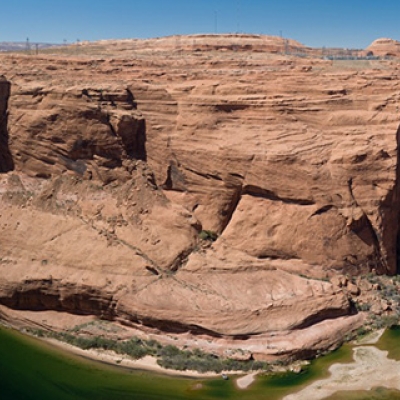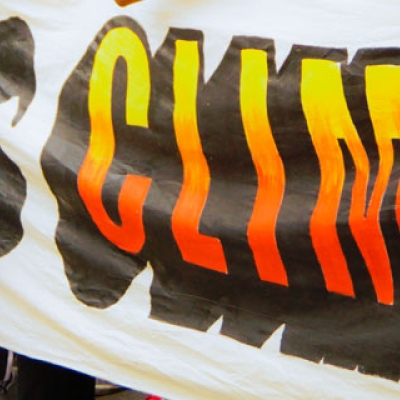
The U.S.-China three legged race
By R. Edward Grumbine / On August 25th, 2010
This post was excerpted a post written for Grist by Terry Tamminen is the former secretary of the California Environmental Protection Agency and is now a policy adviser and author. His latest book is Lives Per Gallon: The True Cost of our Oil Addiction.




